History at Chantry: Exploring the Past to Understand Our World
At Chantry Middle School, our History curriculum inspires curiosity and helps pupils develop a deep understanding of people, events, and societies from ancient times to the modern era. Through carefully sequenced topics, pupils build knowledge and historical skills that prepare them for future learning and life.
Teachers regularly check understanding during lessons using targeted questioning, quick quizzes, and mini whiteboard activities. They circulate during independent work to provide support and address misconceptions. Formal assessments include extended writing tasks, mid-topic tests, and end-of-topic exams that revisit prior learning to ensure progress.
Learning intentions and “big questions” are shared clearly so pupils know what they are learning, why it matters, and how it connects to past and future lessons. Lessons introduce key vocabulary and build knowledge step-by-step with teacher modelling, including annotated readings and visual explanations. Pupils develop their historical skills through source analysis, debate, and both short and extended writing tasks.
We use retrieval practice and knowledge organisers to help pupils retain key facts and make connections across topics. Teachers provide scaffolds and check frequently for understanding, particularly supporting SEND pupils with tailored resources, seating arrangements, and clear task guidance.
Our curriculum covers a rich range of topics:
- Year 5 explores Anglo-Saxon England, ancient civilisations like the Maya and Benin, and the early industrial period.
- Year 6 studies Vikings, the Titanic, and local coal mining history.
- Year 7 examines the Norman Conquest, medieval rulers, and the Wars of the Roses.
- Year 8 focuses on Tudor England, the British Empire, and global revolutions.
Beyond lessons, pupils experience history firsthand through visits to places like Cragside and Beamish, handling artefacts, and engaging with British values, including democracy and monarchy.
At Chantry, History helps pupils develop empathy, critical thinking, and a lasting appreciation of how the past shapes our world.

